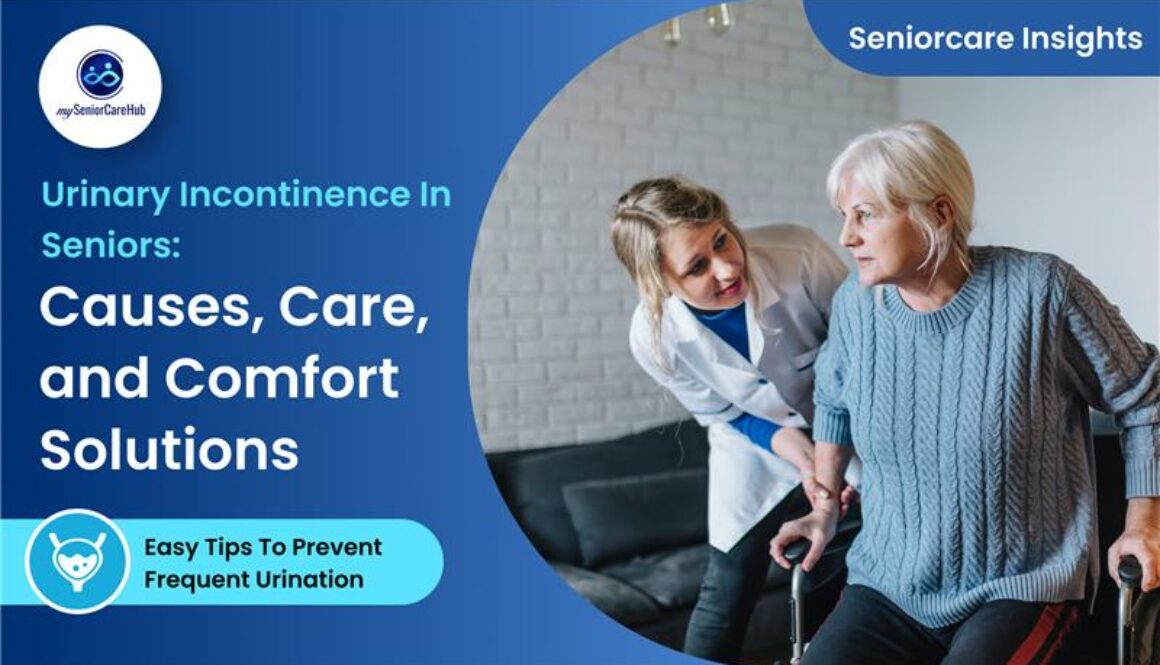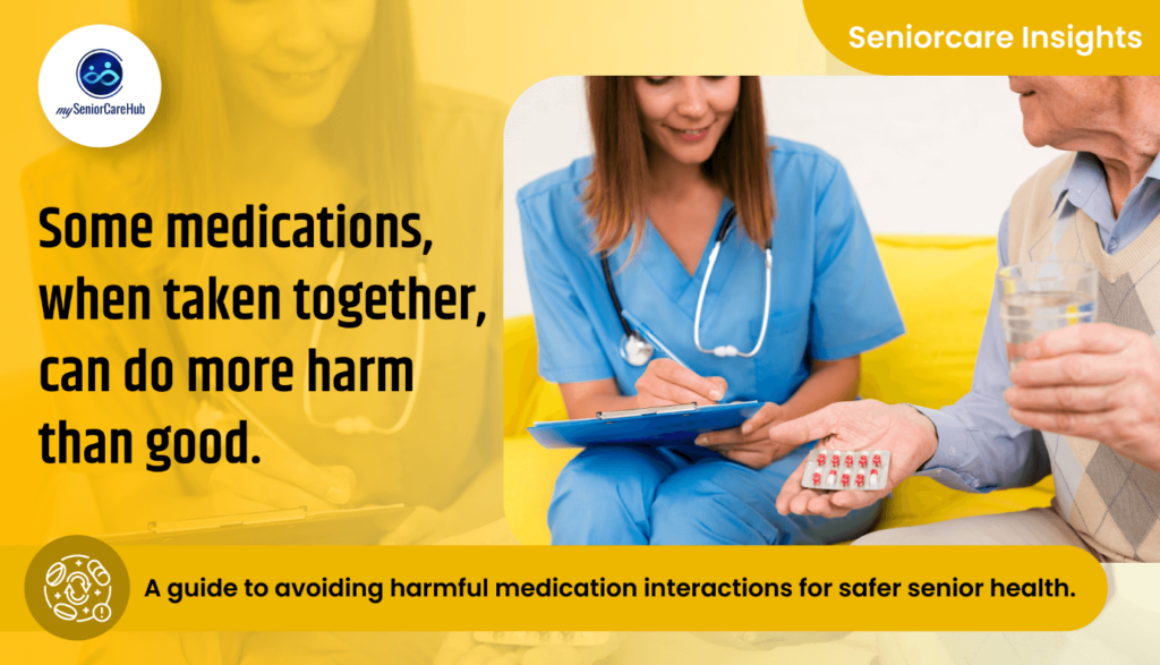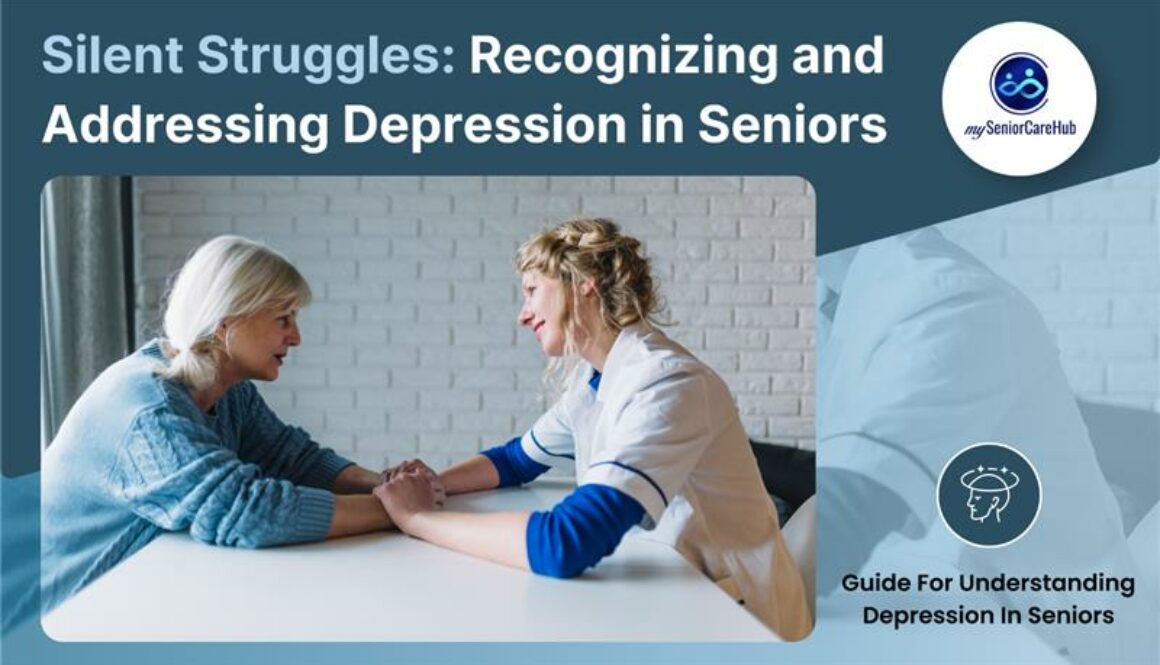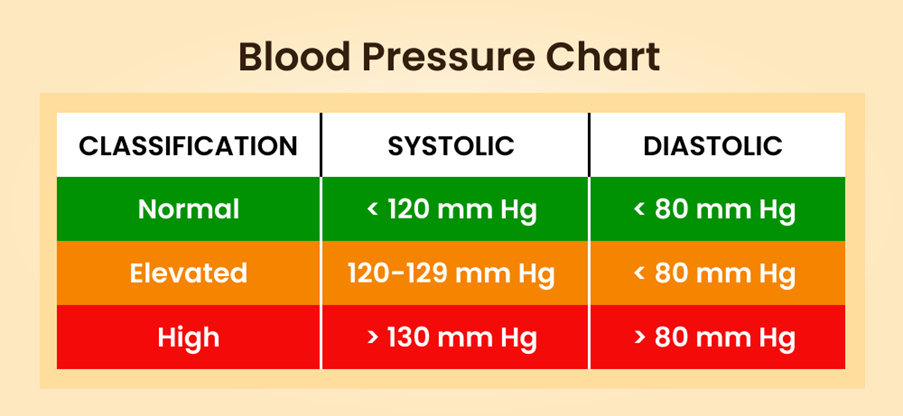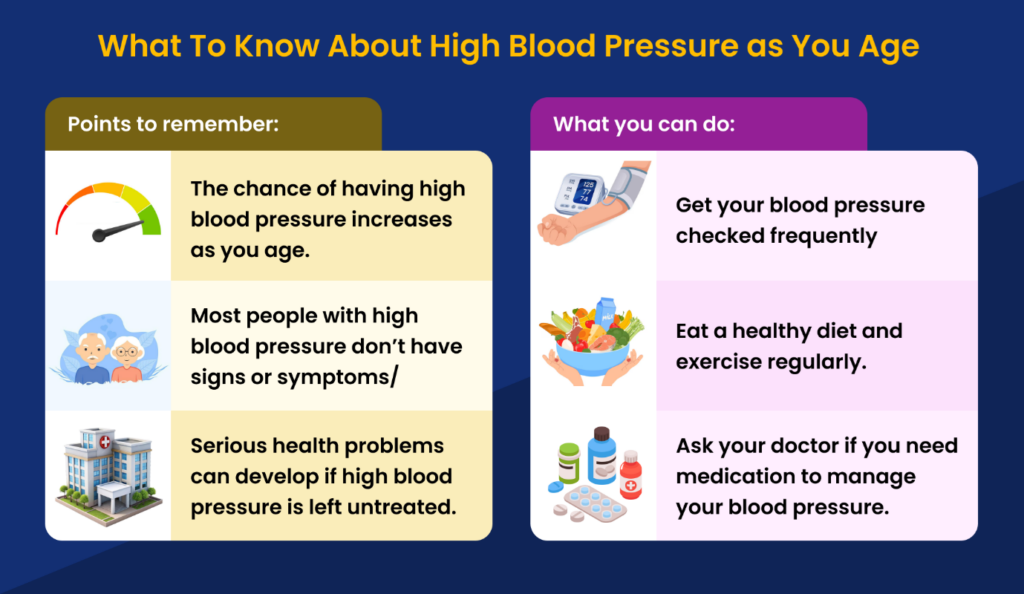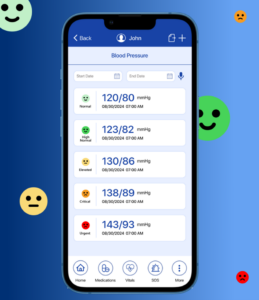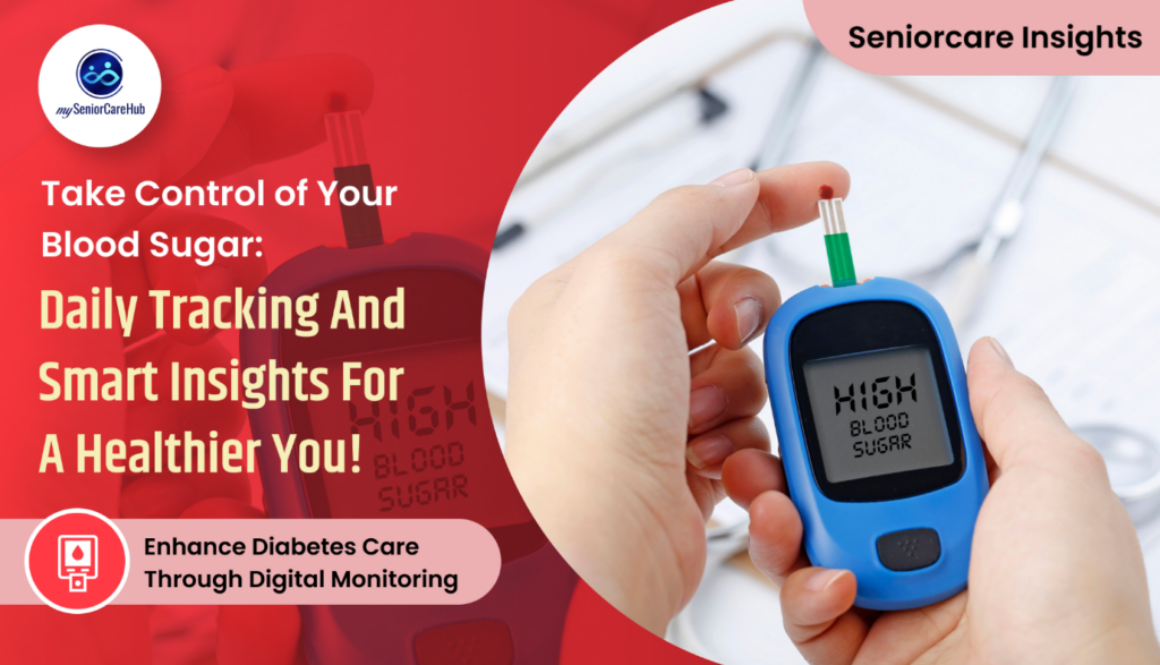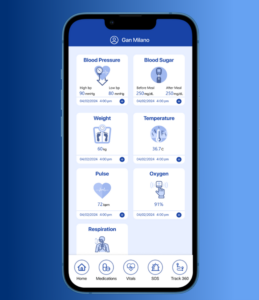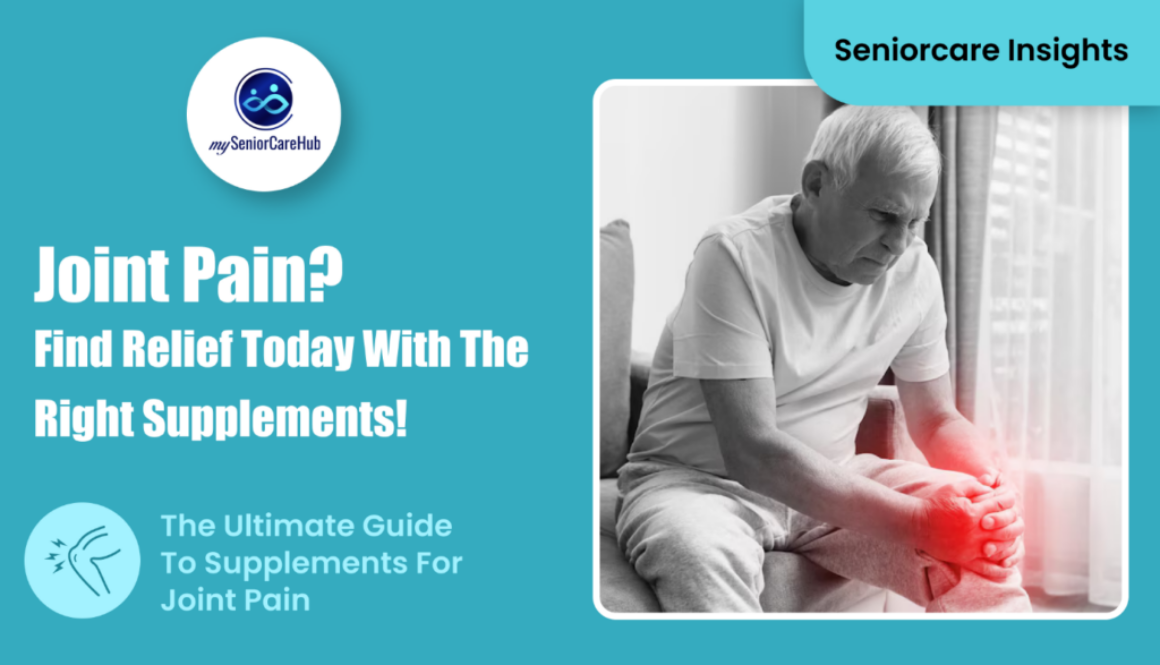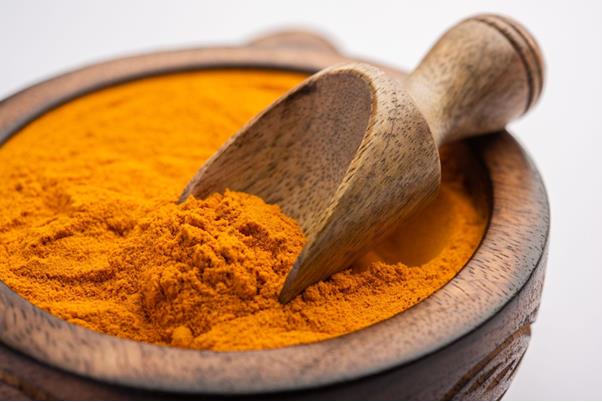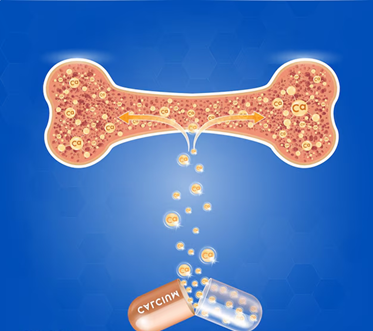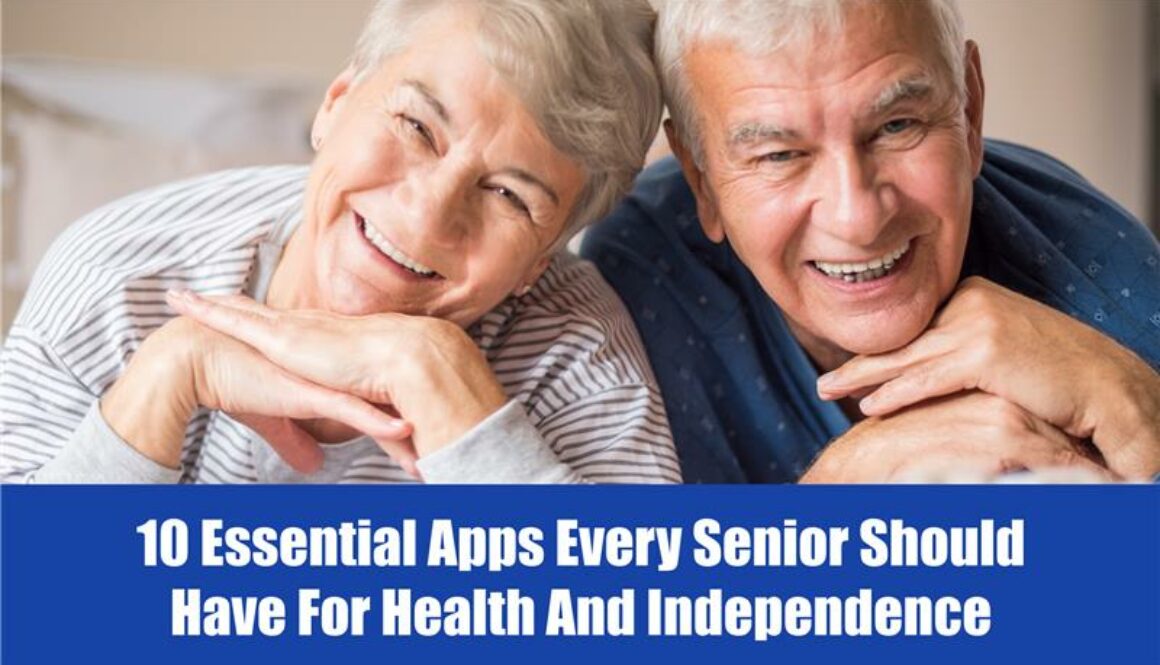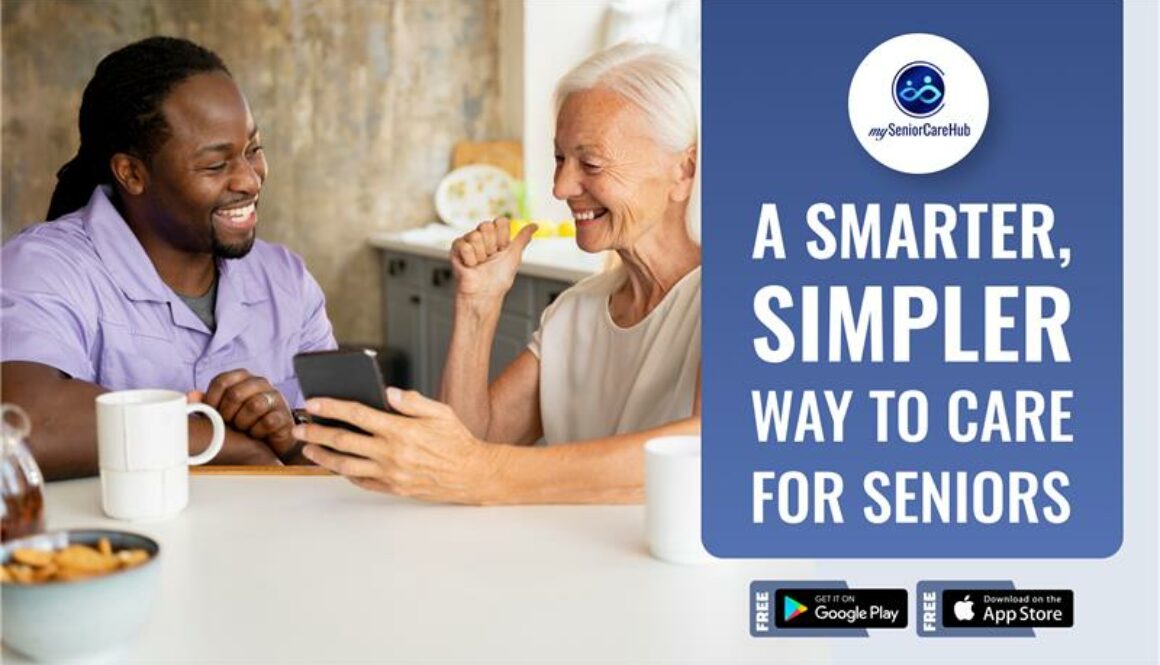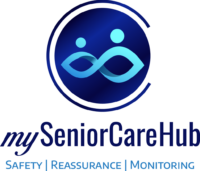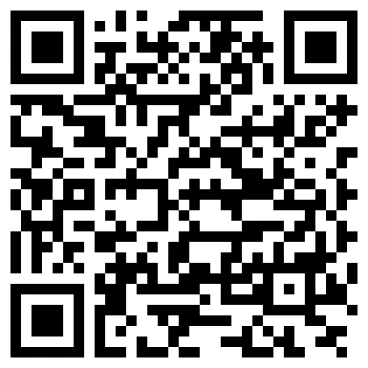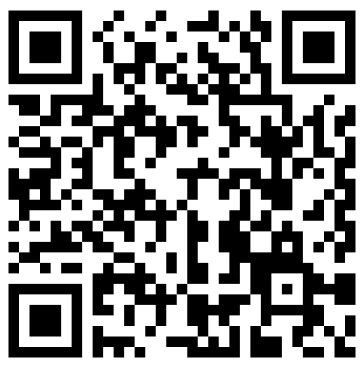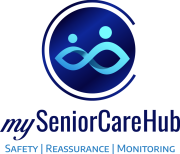Why Seniors Face Bladder Control Issues and How to Manage Them
The Hidden Struggle with Bladder Control Issue
Meena, a cheerful grandmother in her 70s, loved her evening walks in the park. It was her time to chat with friends, share a laugh, and enjoy the fresh air. But lately, she’d been skipping those walks. Not because she did not want to go, but because she was concerned about something she rarely discussed: her constant desire to rush to the restroom.
Meena even started drinking less water to avoid embarrassment, thinking it would help. Instead, it made her feel tired, dizzy, and unwell. Like Meena, many seniors struggle with bladder control issues, which can be frustrating and uncomfortable. However, managing this condition becomes easier with the right advice, which includes everything from easy exercises and home remedies to useful products like adult diapers.
In this article, we will look at practical ways to help seniors feel confident, comfortable, and healthy when dealing with bladder issues.

Why Does Bladder Control Issues Happen?
Bladder problems become more common with age due to changes in the body. The muscles that control the bladder weaken with age, making it more difficult for some seniors to hold pee for extended periods of time. Hormonal changes after menopause can reduce bladder strength in women, while an enlarged prostate may create pressure, leading to frequent urges in men. Certain health conditions, such as diabetes, nerve damage, or obesity, can also make bladder control difficult.
Finding practical solutions begins with understanding these causes, and fortunately, there are many easy ways to deal with this.
Here’s Why You Should Not Reduce Your Water Intake
It’s common for seniors to think that drinking less water will reduce bladder leaks. However, that is untrue and may even exacerbate the situation.
When you drink too little water, your urine becomes concentrated. This irritates the bladder, making you feel the urge to go even more often. Furthermore, being dehydrated can make you feel weak, lightheaded, and even constipated, which can put pressure on your bladder.
Instead of skipping water, try these simple tips:
- Sip small amounts throughout the day instead of drinking large glasses at once.
- Reduce fluids a few hours before bedtime.
- Eat water-rich foods like cucumbers, melons, and oranges to stay hydrated without overloading your bladder.
Maintaining proper hydration can help you feel refreshed and active while also improving bladder control.
Simple Home Remedies for Better Bladder Control
Medication is not always necessary to treat bladder problems; some easy at-home solutions can have a significant impact:
- Cumin Water: Drinking cumin-infused water can reduce bladder irritation and improve digestion, which indirectly helps with bladder control.
- Fenugreek Seeds: Soaking fenugreek seeds overnight and consuming them in the morning may help reduce urinary discomfort.
- Pumpkin Seeds: Rich in omega-3 fatty acids, these seeds are known to support bladder health and reduce frequent urges.
- Bottle Gourd Juice: This refreshing drink hydrates the body while also calming the bladder.
Including these natural remedies in your routine can help manage leaks without relying solely on medical treatments.
Exercises to Strengthen Bladder Control
Regular exercise can greatly improve bladder strength and reduce leaks. Here are some simple yet effective exercises that seniors can try:
- Kegel Exercises: These involve tightening and relaxing the pelvic floor muscles. To do this, squeeze the muscles you’d use to stop urine flow, hold for 5 seconds, then relax. Repeat 10-15 times, 2-3 times a day.
- Walking and Light Stretching: Gentle activities like walking improve blood flow, strengthen core muscles, and reduce pressure on the bladder.
- Sit-to-Stand Exercise: This simple movement strengthens the lower body and improves bladder control. Start by sitting in a chair, then stand up without using your hands. Repeat 10-12 times.
- Bridge Exercise: Lie on your back, bend your knees, and lift your hips upward. This strengthens your pelvic muscles and supports better bladder control.
It is important to be consistent because doing these exercises on a regular basis can result in noticeable improvements within a few weeks.
Dealing with Adult Diapers: Stay Comfortable, Stay Rash-Free
- Problem: Wearing adult diapers can sometimes cause rashes, discomfort, or irritation.
Solution:
- Pick the Right Size: A proper fit prevents leaks and minimizes friction.
- Protect Your Skin: Apply a barrier cream like petroleum jelly or zinc oxide to reduce irritation.
- Change Often: Changing a wet diaper as soon as possible helps avoid rashes.
- Clean with Care: Gently wash the area with warm water and mild soap, then pat dry before putting on a new diaper.
With these simple steps, you can manage diaper use comfortably and confidently.
Staying Ahead of UTIs: Small Changes, Big Impact – Bladder Control Issues
Imagine this: Mrs. Meena always felt that skipping water would save her from frequent trips to the bathroom. However, she soon began to experience discomfort and burning sensations, which are typical symptoms of a urinary tract infection (UTI).
Elderly women like Aunty Meena, UTIs are common but avoidable. Drinking enough water helps flush out bacteria naturally. Ignoring thirst only makes the problem worse.
Another simple yet powerful habit is maintaining good hygiene. Wiping from front to back after using the toilet can prevent bacteria from spreading. Wearing cotton underwear also helps by keeping moisture away, reducing the chances of infection.
And don’t forget about food! Adding probiotic-rich options like yogurt or curd can boost healthy bacteria in the body, improving urinary health over time.
With these small changes, seniors like Aunty Meena can reduce their risk of UTIs and stay comfortable and healthy.

Stay Hydrated with Ease: mySeniorCareHub Water Reminder Feature
For many seniors, remembering to drink water can be a challenge—especially when they intentionally avoid it to prevent frequent bathroom trips. That’s where mySeniorCareHub steps in with its thoughtful water reminder feature.
This handy tool sends gentle reminders throughout the day, encouraging seniors to take small sips of water at regular intervals. Instead of overwhelming them with large amounts at once, it promotes steady hydration—a simple yet effective way to support bladder health without discomfort.
Caregivers can also customize these reminders to match the senior’s daily routine, ensuring hydration stays manageable and stress-free. Seniors can feel more energized and at ease while preventing dehydration, urinary tract infections, and other issues by developing this habit.

